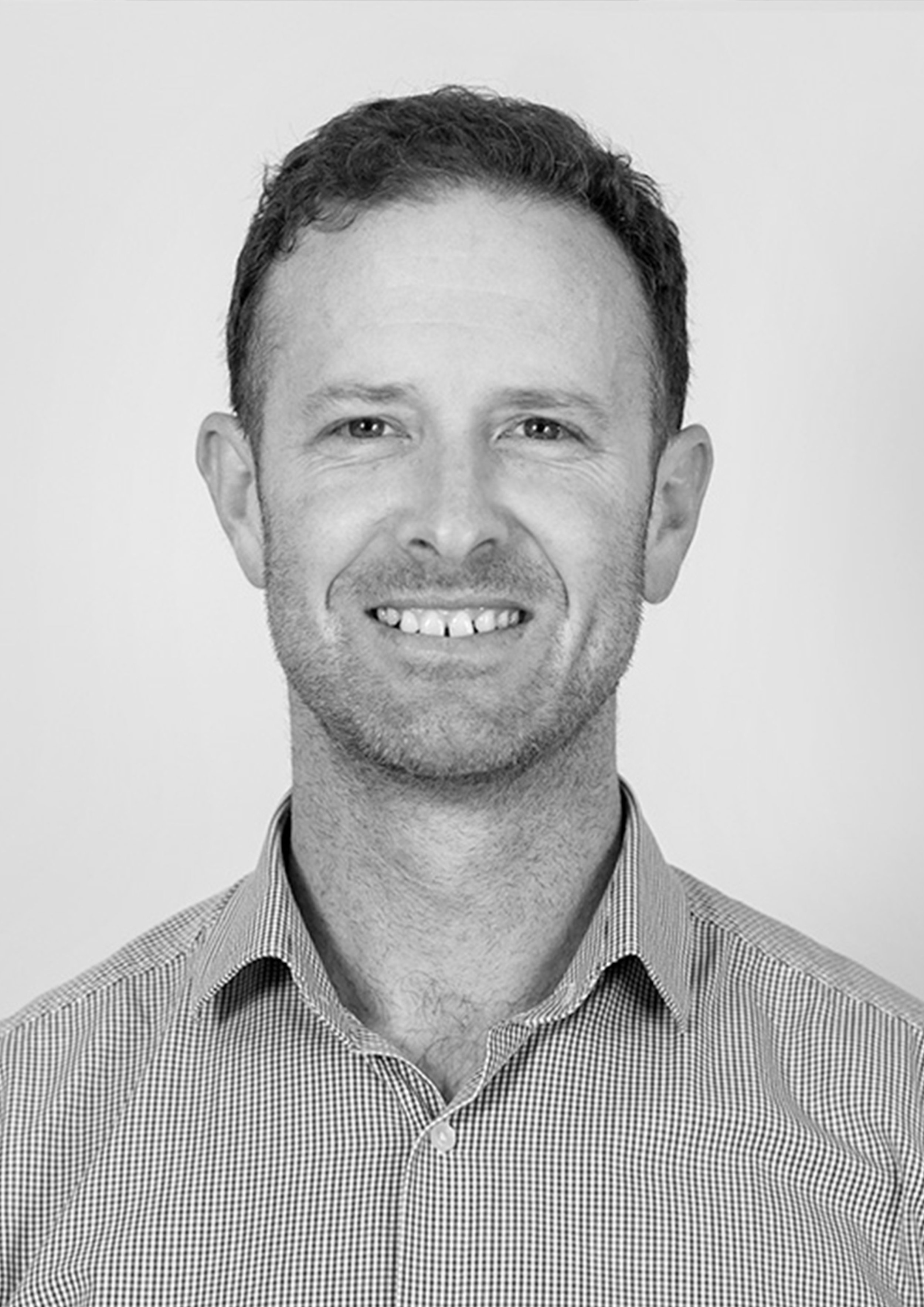SPEAKERS
Peter Haythornthwaite
Following his design education Peter worked in New York and Los Angeles and later taught at the University of Auckland. Between 1979 and 2000 he headed PeterHaythornthwaite-Design, an internationally recognised design consultancy. Recipient of many design awards, his work is included in the Museum of Modern Art. Peter established several designbased companies including arti-fakt-s, possibly NZ’s first to compete internationally by design. As a partner of Equip he was a coarchitect/deliverer of the NZ and Australian design integration programs Better by Design and D2B. He is an Adjunct-Professor of Design at Victoria University of Wellington, who awarded him a Hon.D.Sc, he served two terms as President of DINZ. In 2016 he was recognised with an ONZM for services to design.
Presentation: "The design-led enterprise"
Peter traces his journey from student to practitioner to upholder of design integration. He shares that design can only lead when its embedded in business culture not as an appendage. And that it should be as much about ethics, optimism, beauty, vision and relationships as capabilities and commerce.
Michael Smythe
After 30 years’ experience as an industrial design practitioner, Michael equipped himself to strategize the future by completing a Master of Design Management — whereupon he was invited to turn 180 degrees, look backward, and develop a Design History paper for product design undergraduates. This led to writing the award-winning book New Zealand by Design: a history of New Zealand product design (2011) and, most recently, Design Generation: how Peter Haythornthwaite shaped New Zealand’s design-led enterprise (2018). As an accidental design historian, Michael investigates our creative continuum, and identifies what distinguishes us, in order to accelerate forward momentum with greater clarity. Ka mua, ka muri — walk backwards into the future.
Presentation: adopt adapt adept: tracing the trajectory of New Zealand’s design-driven innovation
Design is human-centred, holistic and integrative. It is the borderline where the contradictions and tensions exist between the quantifiable and the poetic … the field between desire and necessity. (Katherine and Michael McCoy, 1990.) In the twenty-first century this joined-up approach is called Design Thinking. It is the way successful design-driven teams work to align usability, feasibility and viability with desirability. This presentation extracts the points of difference that have positioned New Zealand design through the process of adopting, adapting and becoming adept.
Karl Johnstone (Rongowhakaata)
Karl Johnstone is the owner of Haumi (NZ) Ltd, a specialist cultural development business which initiates, develops and delivers projects of national and international significance in partnership with a network of organisations and connections, nationally and internationally.
Karl specialises in concept and product development and has extensive experience in cultural diplomacy initiatives, cultural centre and exhibition design and content development. He is known for developing innovative initiatives and has a unique understanding on how these can be realised and leveraged appropriately to ensure their sustainability.
He is a regular presenter at international conferences and integrates his formal learning in fine arts and education with his passion and experience in kaupapa Māori.
Karl has worked in the cultural heritage sector for over twenty years including ten years at Te Papa and eight years as the director of the New Zealand Māori Arts and Crafts Institute. He is a member on the New Zealand Arts Council, Kaihautū for New Zealand’s representation at the Venice Biennale and is the Director Māori for the development of the New Zealand pavilion for Dubai2020.
Presentation: “Tikanga and Technology”
For many years Karl Johnstone has been involved in the perpetuation of Māori arts and culture. This has often led to his careful analysis of the interfaces between culture and commerce, continuity and innovation and compliance and resistance. He considers the interface of tikanga and technology to be a critical area to further unlock Māori potential and expand opportunities into the future. Karl will illustrate some historic and emerging initiatives and discuss the importance and considerations of new technologies within the Māori environment.
PANELISTS
Timothy Allan
Timothy has more than 20 years’ experience as an innovation and R&D leader, with a wide range of experience in the development of new businesses that are driven by disruptive products. He is the founder of Locus Research in Tauranga and has consulted on product commercialisation and applied business development for a diverse range of leading New Zealand Companies; ranging from the primary sector to high value manufacturing to information technology. Timothy has consulted to the New Zealand Government authoring reports on Innovation, Life Cycle Thinking, Sustainability and Design over a 15-year period. He was made a Fellow of the Designers Institute in 2010 for his services to sustainable design in New Zealand. Most recently Timothy has taken on the role of CEO for start-up company Ubco Bikes which has rapidly developed into a digitally connected, UEV platform to provide complete solutions, from individual users to fleet managers across a wide range of applications.
Victoria Spackman
Victoria Spackman is Director of Te Auaha the New Zealand Institute of Creativity. She is recognised as one of New Zealand’s most influential business women and advocates for the creative and arts sectors. Victoria was previously Chief Executive of Gibson Group, one of New Zealand’s largest and longest standing film, television and visitor experience production companies. She has degrees and post graduate qualifications across theatre, film, law and linguistics. Victoria is the recipient of numerous professional and cultural awards and in June 2016 was made an Officer of the New Zealand Order of Merit for services to theatre, film and television. She is recognised as a leader at the cross over between technology, creativity and culture and brings skills, experience and interests quite different to most in these industries. She has high-quality connections in NZ’s creative and technology industries, central and local government, as well as in the creative industries in Australia, the UK and China.
MANUFACTURING OUR FUTURE
Faculty of Architecture and Design, Victoria University of Wellington




